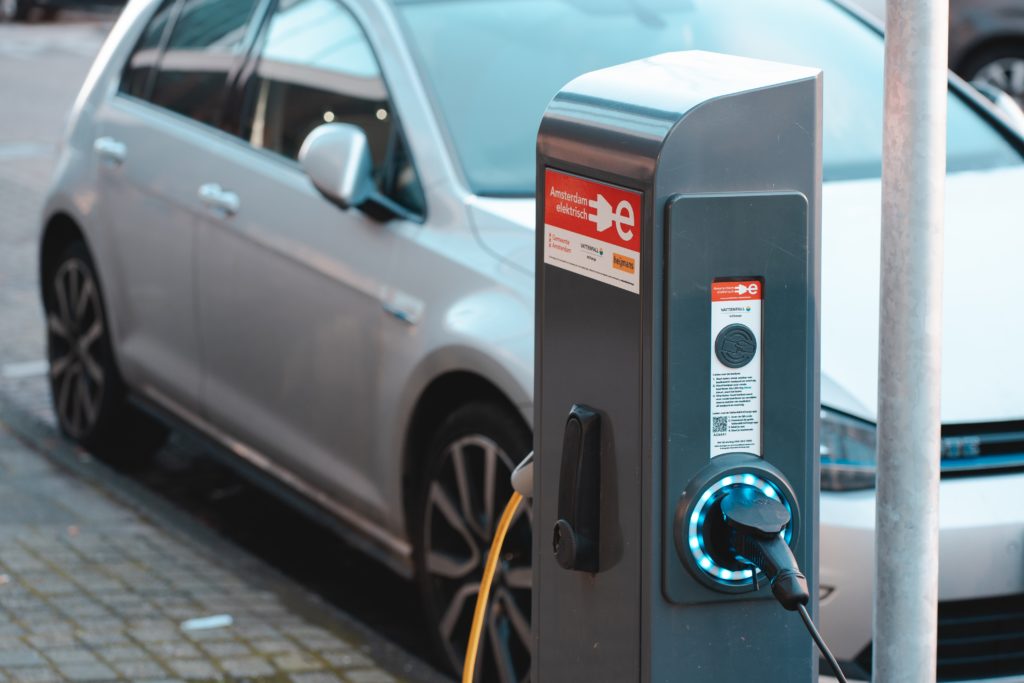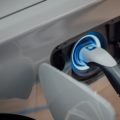From Alfa Romeo to Fiat, from Ferrari to Volkswagen, there are many intentions announced by the main manufacturers to respect the new rules of decarbonisation

News overlap, contradict each other, cancel each other out, and we are all uncertain and confused. The question is: 2035 or 2040? When will we have to say goodbye to internal combustion engines and collectively sail the electric sea?
In words, everyone says that sooner or later they want to halt the internal combustion engines forever and by law. But will the stop come in 13 or 18 years? There was plenty of talk about it last December at the big climate conference, the Cop26 which was held in Glasgow. And on the deadlines the confrontation was tight, at times harsh. A negotiation that leaders and Sherpas of the participating countries discussed with each other behind closed doors while the events were staged for the public, with the great figures, experts, activists and everything else. In short, many, many things have been said, but the end result is that very few decisions have been made.
So let's go back to the original question: sooner or later it will be possible to decide whether hydrocarbon engines will become illegal - for all, with binding measures - after 2035 or 2040? In reality, as far as Europe is concerned, there is already a deadline: the European Commission had already written it down in the package "Fit for 55" saying that from 2035 onwards, petrol, diesel, LPG, methane and even hybrid cars will no longer be sold. The question is whether it will really happen and what the rest of the world will do.
But, regardless of the proclamations, the car manufacturers, which have to make precise plans years in advance, already have their plans and programs without waiting for the decisions of the governments of the different states, which are hardly able to say all the same thing. These are the business needs, which indicate that it now seems to no longer make sense to invest in thermal. So let's see the main programs announced by some houses.

Alfa Romeo: the first battery-powered Alfa is coming in 2023 and from 2026 no more thermal Alfa Romeos. Audi: from 2026 only new electric or hybrid models, phasing out of the other combustion models by 2033. BMW: goal of fully switching to electric by 2030. Ferrari: the first electric with the Cavallino should arrive in 2025, there is no official news on future plans.
Fiat: abandonment of the thermal "starting" from 2025, with the intention of selling only battery-powered models from 2030. Ford: abandonment of the internal combustion engine expected by 2030, but only in Europe. Jaguar: only electric cars from 2025. Honda: the transition to full electric expected gradually by 2040. Hyundai: from 2035 only electric or hydrogen cars. Land Rover: abandonment of diesel starting from 2026, only hybrid or electric productions by 2030. Launch: from 2026 the new Delta with only electric motor. Mazda: from 2030 only electrified models. Mini: all electric from 2030. Mitsubishi: half of electricity generation by 2030. Nissan: entire electric range starting from 2030. Opel: from 2028 only electric models. Peugeot: all models will have at least one electric variant by 2025, but no date set for the definitive abandonment of the thermal. Porsche: large investments in synthetic fuels, impossible to convert historical models to electric, but electric motors on the 80% of new vehicles by 2030.
Renault: the group aims to postpone the European deadline to 2040, however electric motors on the 90% of the models by 2030. Toyota: only electrified cars from 2022: hybrid, plug-in, electric, hydrogen. Volkswagen: 70% battery-powered target by 2030 and final goodbye to the internal combustion engine between 2033 and 2035, but only for the European market. Volvo: goodbye to thermal by 2030.
In short, the race is in full swing and in the next few years models for all tastes will land on the market. But no longer those with traditional engines.






